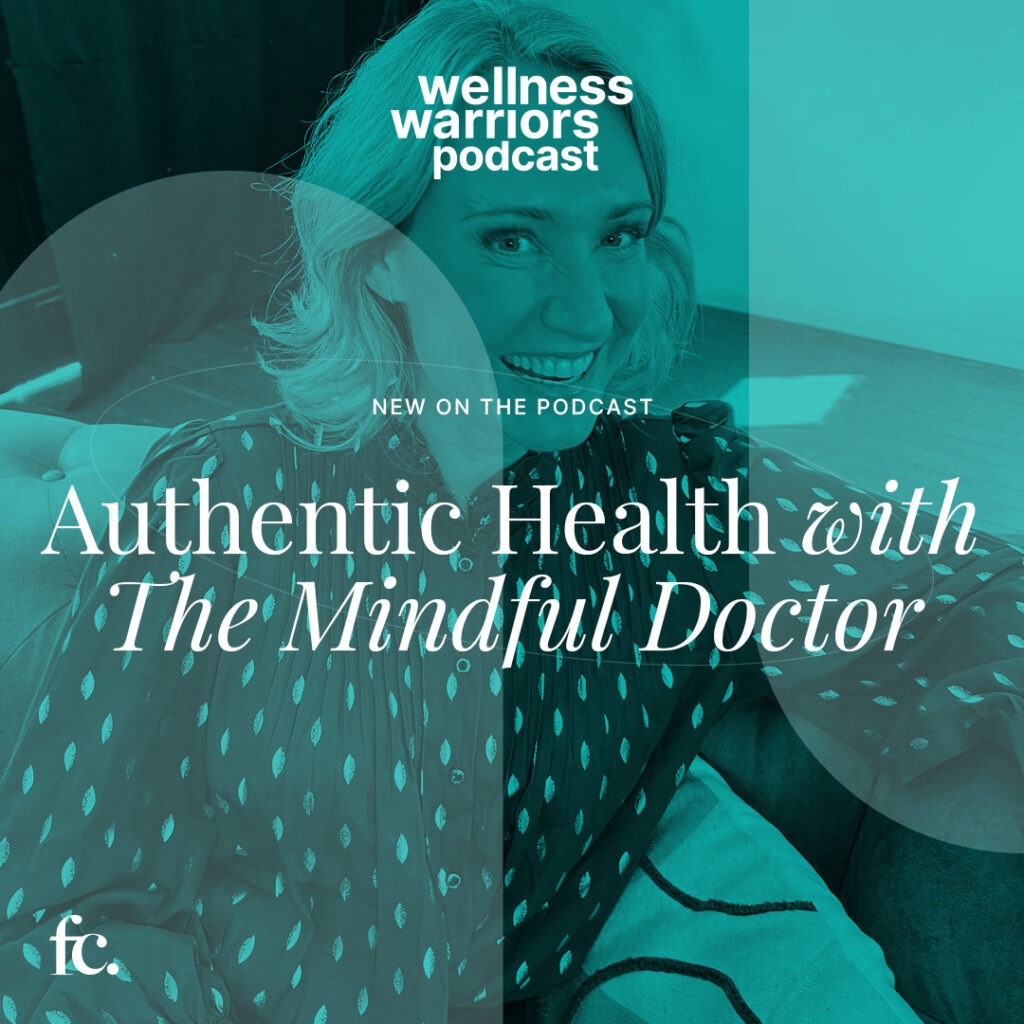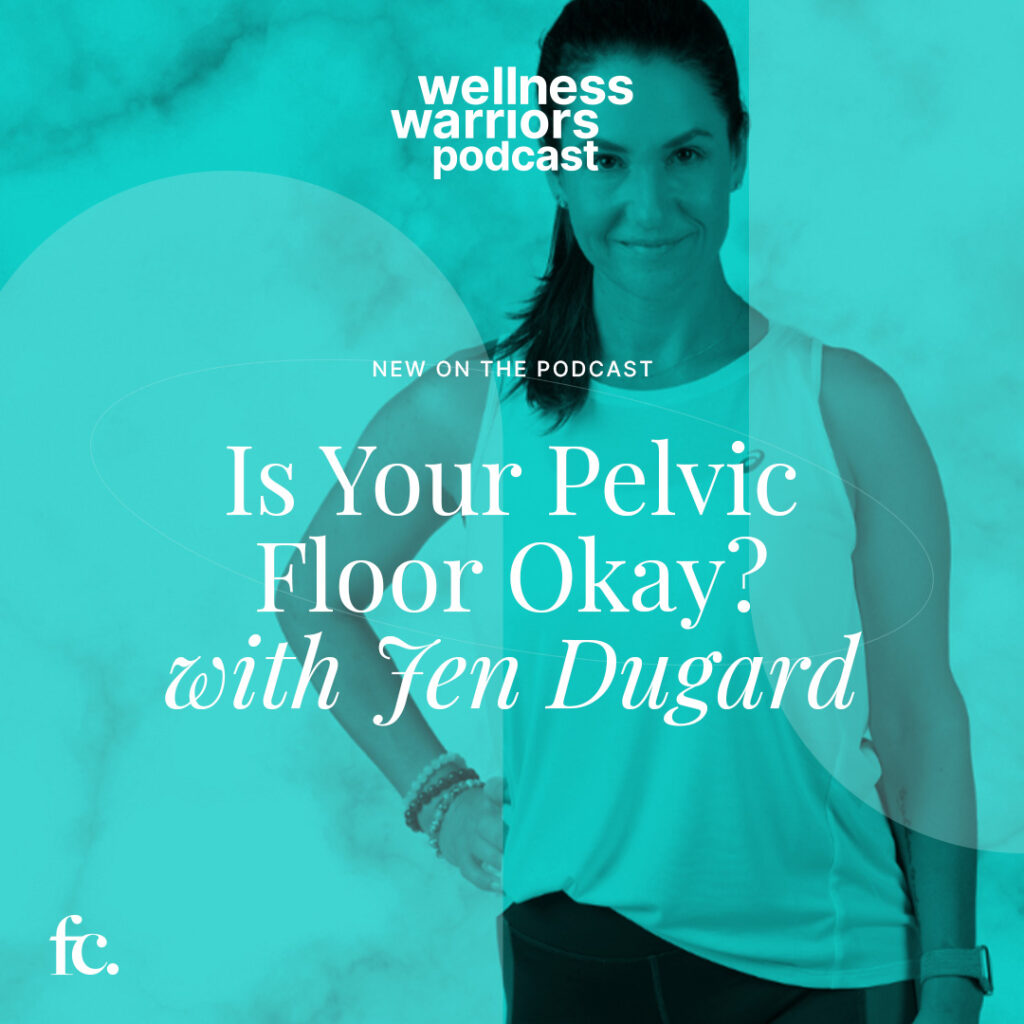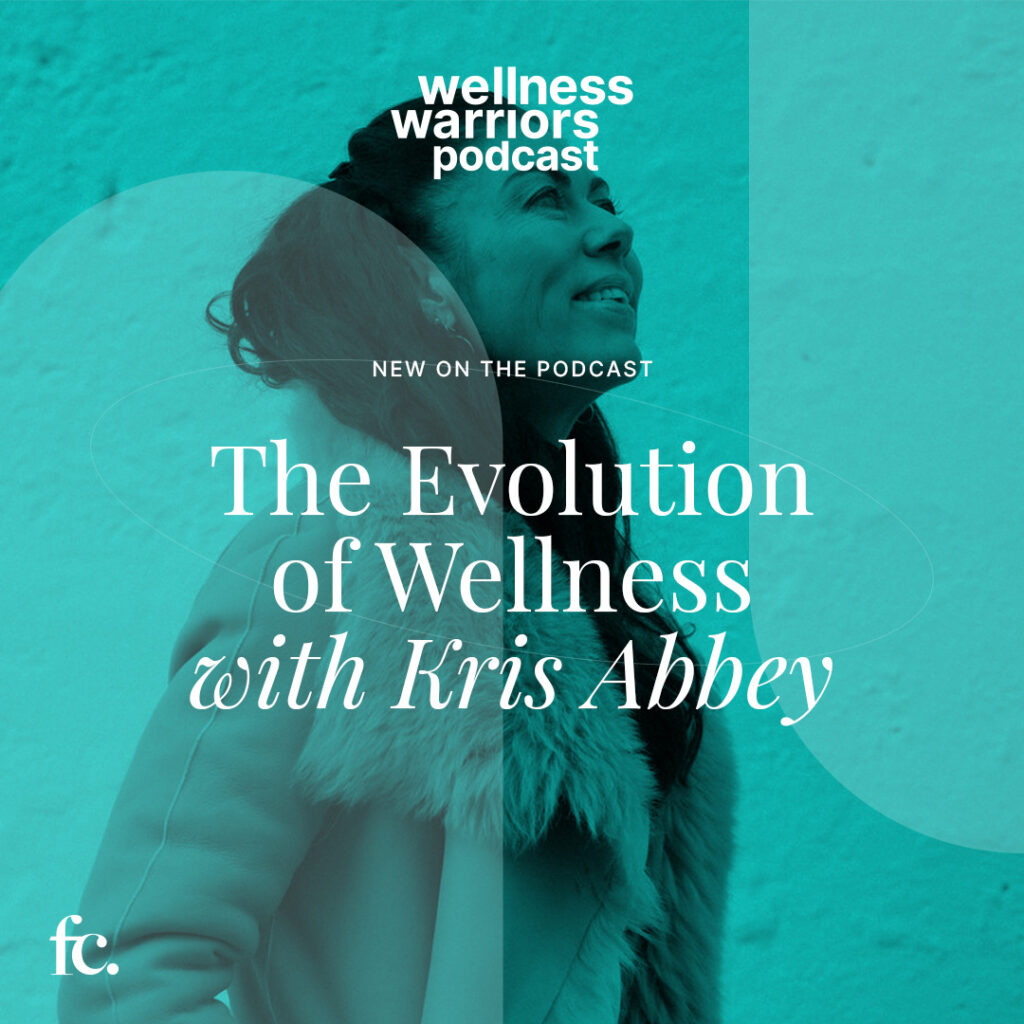Why We Must Sleep Better with Baby Whisperer Elaine Harvey
Elaine Harvey is a Pediatric Sleep Consultant who has been helping parents find their own parenting power. Since establishing Lullababy SOS, Elaine have worked with over 10,000 families, both in Australia and globally, helping mums and dads with all things baby and toddler related with a particular focus on sleep, settling and routine.
In this fascinating interview, Elaine shared many stories from her decades of experience in teaching babies how to sleep, from musical beds to mothers being able to sit down to eat their first full meal. Elaine also revealed about her personal health scares that ultimately led her to listen to what she has been preaching to mum that came to her for help, and that is “to look after yourself first.”
If you’ve been through, going through or about to start your parenting journey, this is one episode that you will truly enjoy listening to.
You can find more information about Elaine Harvey and her Lullaby SOS program here: https://lullababysos.com.au/

Show Notes:
Q: How did you actually end up working as a pediatric sleep consultant?
1:24 – In 2000, I started working as a nanny in London and quickly moved into working as a maternity nurse in the UK. We moved here in 2006, I started working in a childcare center where in two weeks, I had all of my babies on a beautiful routine and they were all sleeping better. From then, I started showing mums how to support and teach their babies to sleep at home, that’s where Lullaby SOS started.
Q: Do you think that’s a big problem in terms of learning routine, that we’ve become a little bit too complacent with the “anything for peace” approach of letting kids stay up until they can drop dead and fall asleep at night?
7:15 – There’s so many little points in there. First thing is mums will put everyone else before herself. It’s amazing how much a mum can put themselves through and still get through every day. Obviously your body is just going into that fight and flight mode, your sympathetic nervous system is in overdrive and even if you try to lose weight, and your body is not going to because it’s in survival mode. So if you’re not looking after youself, then you’re not going to be able to achieve anything in the weight loss area.
Q: Give me a couple of examples of families where you’ve seen some really good outcomes that you’ve worked with.
11:24 – I have got so many amazing stories about babies. One of the biggest things that I love about what I do is the impact that it has on parents and families long-term. I will have parents message me five years later and say, “you do not understand how much of an impact you had on our family and how highly we praise you in our family.”
One of my most memorable ones was a baby in Canberra. Mum had a lot of food allergies and her son had also got really severe reflux. It was heartbreaking how physically exhausted mum was. She had lost so much weight. The baby made such a huge turnaround within 24 hours that on the third day we were just celebrating, how relieved they were to have mum out of the bedroom and being able to sit down and have a meal with her husband, without having to sit in the dark, eating rice and tuna while her son was attached to her.
Q: How damaging do you think musical beds routine can be when you’ve got this whole kind of charade going on right throughout the night. How do you break that habit and get the child to sleep in its own room when it’s had this ongoing routine for such a long time?
17:06 – If it’s not okay for your marriage, for your relationship, for your child, well, then, doing something about it and actually making conscious steps to do something about it.
I was working with a client whose husband was a musician and did a lot of travels through Europe. Their daughter traveled a lot with her, the band, and always co-sleot with them. When she was 14, her parents had the second baby and her anxiety levels were so high that she couldn’t physically sleep by herself. It was not in my realm of dealing with, but what I saw was this poor girl who’s had no self regulation skill and needed to have an attachment with somebody else because she didn’t know how to manage her own emotions.
Q: Device technology is a big issue and that sending a child to bed on an iPad or with a phone, the blue light and all those problems and I know it’s a problem for adults as well who have those concerns, but with children, it’s that allowing that exposure to too much time on devices can also be very negative in terms of impact on sleep behaviour.
21:31 – I’ve have an 11 year old, and I know that everybody with children, it’s a constant battle of controlling how much they’re exposed to. I do not recommend devices. I don’t recommend TV before two years of age. For me, when my daughter was little, I let her watch Wiggles and Play School and they were the only things that I would let her watch up until she was about three. And the main reason I allowed that was because they are people doing rhymes and repetition and dancing and make belief. And then slowly we’d add different things on.
Q: What I see often when that cycle of behavior with sleep apnoea is that your poor quality sleep, low daytime energy, reach for the next quick fix to get you through that day and that cycle of behavior is so hard to break. And then conversely, what we see is once patients start to regain their health and wellbeing and through weight loss, sleep is all of a sudden better. And life moves forward.
25:17 – I don’t think there’s any way that you can possibly lose any weight if you’re tired. If you’re stressed and you’re tired, you’re exhausted. What ends up happening is that you will go on a weight loss program, you will try and eat healthy. You’ll feel depleted because you’re tired and you’re not getting the sugar fixes that you were getting. And you’re also not seeing the results on the scales, which is demoralizing.
27:01 – I was a very busy young mum, running my own business and I thought I’ve got the best of both worlds because my baby’s sleeping while I’m working and I’m looking after my child when I’m not. And I’d also have her at daycare two days a week, but slowly, my health was suffering.
When I was in Canberra, I lost my hearing. I also found that I was having trouble seeing. It wasn’t until one night when I realised I burnt my arm but I hadn’t known I’d burnt it.
After doing some tests, they realised that I was just so tired and exhausted that my body was slowly shutting down and I was showing symptoms of MS. My husband’s got Crohn’s disease, so thinking two parents with autoimmune conditions, we have to do something about this.
Q: What do you think was the biggest lesson for you that you actually are able to teach mums now?
31:34 – A: Eat well, look after your own health, out when your baby sleeps. I don’t tell mums to sleep when baby sleeps, cause let’s be honest, that doesn’t happen.
But if you are the type that is just going, “When they’re asleep, I’m going to lie on the sofa for half an hour,” or “I’m going to take that time to have a cup of tea and scroll through my Instagram,” if that’s your self care. Hiding in the toilet for five minutes is not self care. That’s a cry for help. You see these Instagram posts that say, “Mum self care is five minutes on the toilet or a shower alone in peace.” That’s not self-care. That’s should be a God-given right or human right is trying to give yourself proper self care.
34:01 – I read Dr. Libby Weaver’s book “The Rushing Woman Syndrome” and I cried so much through it because I was like, that’s me, that’s me, that’s me, that’s me. And I really took on board the breathing, stop and breathe, cut down the caffeine, instead of doing a hit workout and do some yoga.
If your body’s already stressed, then putting more stress on it by doing a hit workout is not going to do you any favours. And I’ve seen that.
Q: What tips do you have in place for getting a better night sleep or better quality sleep as an adult, do you use?
35:37 – We need a good routine at bedtime, and you need to have that wind down. If you’re finding it difficult to shut down, just putting your brain into fantasy or fiction or something else is going to allow you some time to just get away from that. From there, you can practise to breathe, learn how to take some long, deep breaths. So the basic principles of good sleep hygiene, a nice routine that is geared towards relaxation and shutting your mind and your body don







